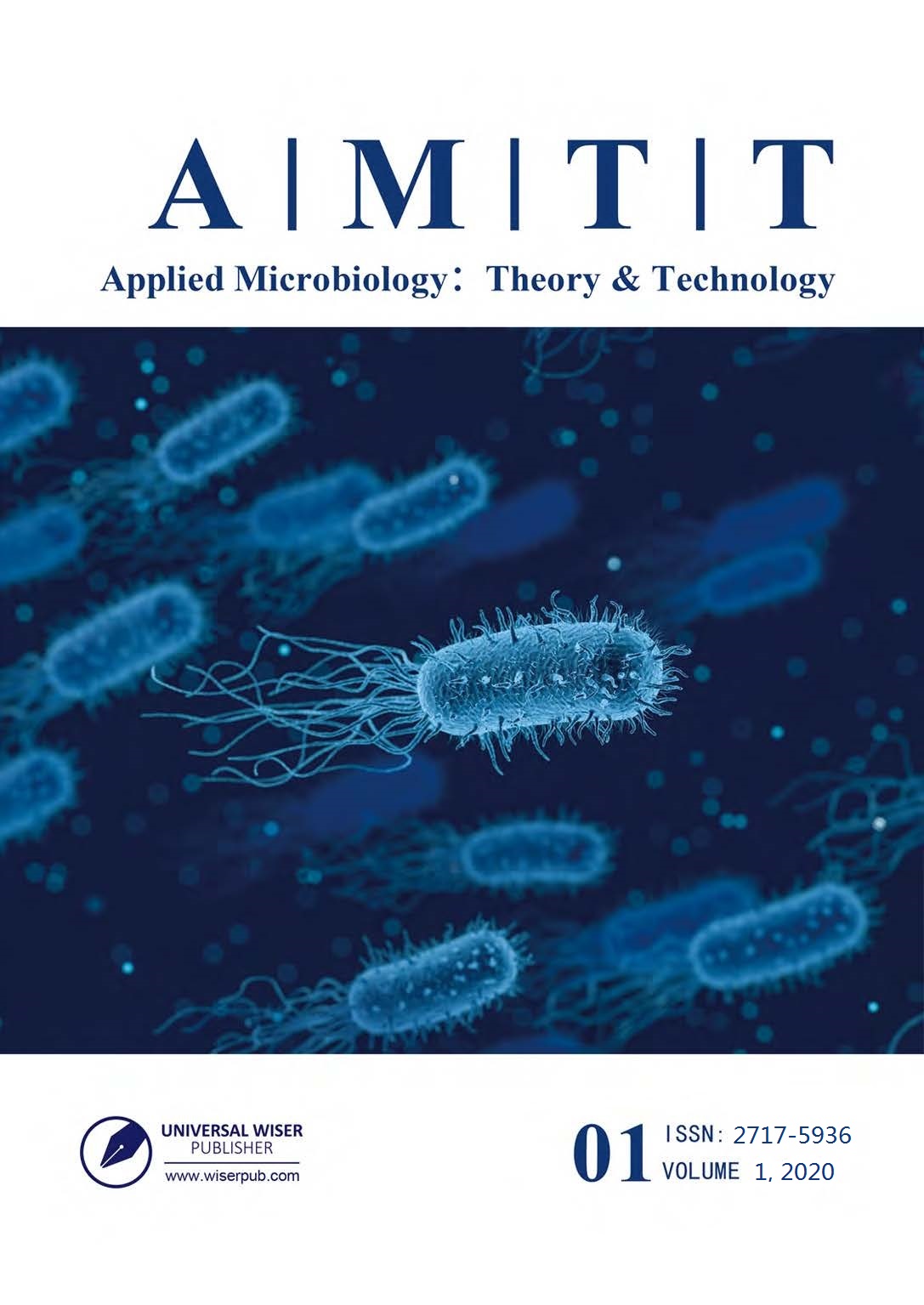Antifungal and Virulence-Modulating Effects of Thyme Essential Oil against Fusarium spp., Causing Wheat Diseases
DOI:
https://doi.org/10.37256/amtt.112020132Keywords:
crown and root rot, Fusarium culmorum, Fusarium pseudograminearum, Thymus vulgaris, Triticum aestivumAbstract
Wheat (Triticum aestivum L.) is one of the important cereals and a major source of human food worldwide. Fusarium pseudograminearum and F. culmorum are the causal agents of important diseases on wheat, including head scab, crown and root rot. Control of Fusarium diseases on wheat is very difficult and important because of not only no complete resistance in any wheat cultivar and long-term survival of the soil-borne pathogen, but also production of carcinogenic mycotoxins in wheat tissues, which are harmful for consumers. Nowadays, to avoid the ecological and environmental damage caused by chemical pesticides and fungicides, there is a great interest to use essential oils as plant-protective agents. Therefore, the aim of this study was to find an alternative to synthetic fungicides currently used in the control of these destructive wheat diseases. We investigated the antifungal activities of the essential oils obtained from 4 different plant species and the Thyme (Thymus vulgaris) essential oil (TEO) revealed the highest level of antifungal effect against two mentioned phytopathogens. Contact and volatile phase effects of different concentrations of TEO were found to inhibit the growth of both fungi. Spore germination and production were also strongly inhibited by the TEO. Light microscope scanning of vegetative growth of the fungi revealed destructive changes in the hyphae. The TEO, also showed a high seed protection capability against fungal infection with no negative effect on seed germination. In the in-vivo assay, which was performed under greenhouse conditions using susceptible wheat plans treated with the TEO, significant plant protection was observed against the pathogens. Investigating effect of the main components of the TEO revealed that cymene had the highest effect in decreasing both disease incidence (DI) and disease severity index (DSI) on wheat plants inoculated by Fusarium species. Therefore, the TEO and its ingredients could be used as environmentally friendly biofungicides in the protection of wheat plants against these Fusarium species. To our knowledge, this is the first report on the in vivo and in vitro inhibitory effects of the TEO and cymene, as its main ingredient, against destructive Fusarium spp. pathogenic on wheat.


